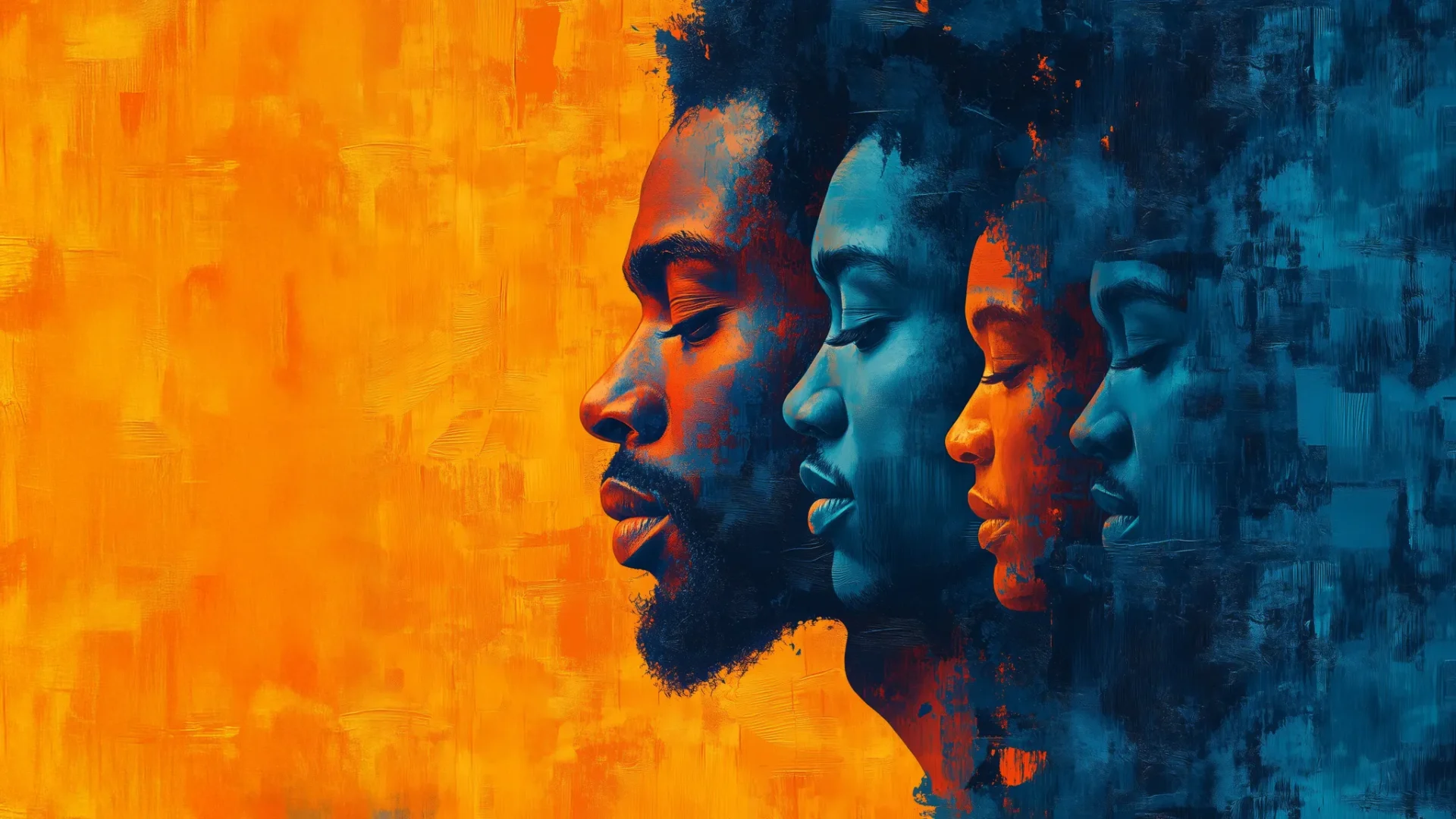By 1993, Memphis’s LGBTQ+ community had been marching, rallying, and organizing for over a decade. Yet within that growing movement, Black LGBTQ+ voices remained underrepresented, often overshadowed in mainstream Pride events. Terryl Buckner recognized this disparity and took action, founding Memphis Black Pride—an event designed to center Black queer identity, culture, and activism. This was more than just a celebration; it was a necessary space where Black LGBTQ+ Memphians could embrace their full selves without compromise.
From its inception, Memphis Black Pride served as both a cultural festival and a platform for advocacy. It addressed critical health disparities, providing HIV/AIDS testing and education, and created safe spaces where individuals could discuss mental health, stigma, and community support. Economic empowerment was also central to its mission—job fairs, financial literacy workshops, and networking events helped attendees navigate the systemic barriers often faced at the intersection of race, sexuality, and gender identity.
Yet Memphis Black Pride was not just about survival—it was about celebration. It became a stage for Black queer artistry, highlighting drag performers, musicians, and spoken-word artists who brought visibility to experiences that had too often been pushed to the margins. Over the years, it evolved into a space where Black LGBTQ+ culture thrived, where discussions on intersectionality and systemic oppression happened alongside joyful expressions of dance, music, and fashion.
Despite its importance, Memphis Black Pride has faced challenges in securing funding and corporate sponsorship, highlighting the racial disparities that still persist within Pride movements. However, it has endured and expanded, continuing to advocate for health, education, and social justice within Memphis’s Black LGBTQ+ community.
Today, Memphis Black Pride stands as a testament to resilience—a space where identity is affirmed, health is prioritized, and joy is revolutionary. It reminds us that the fight for LGBTQ+ equality must always be intersectional, and that true progress comes when every voice is heard and every story is honored.
